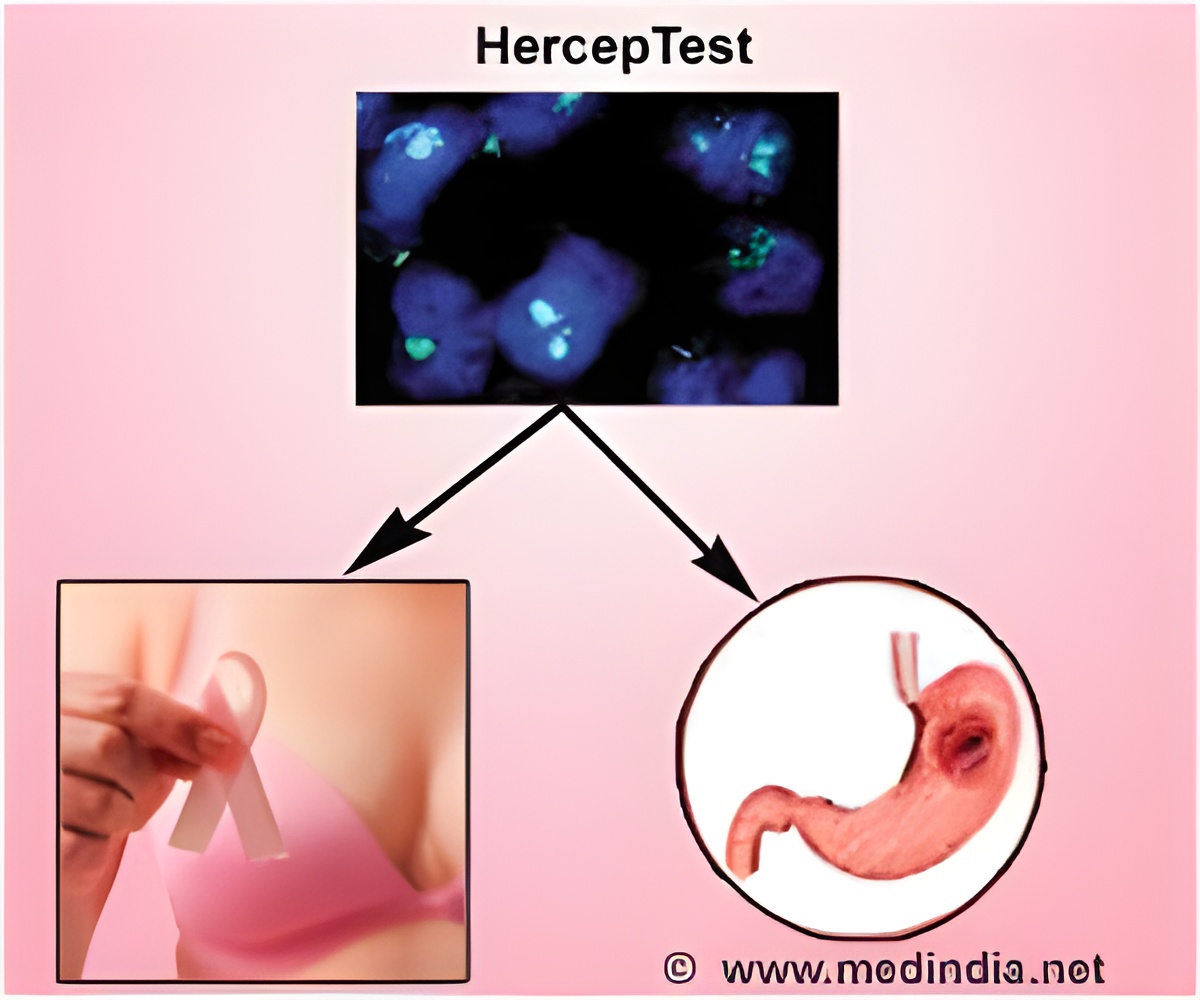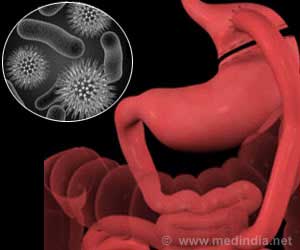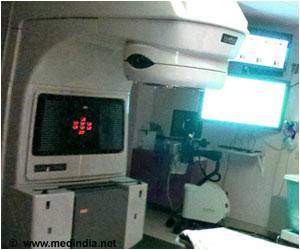A team of scientists has identified the cancer specific stem cell which causes gastric cancer.

The research group, led by Dr Chan Shing Leng, Research Assistant Professor at CSI Singapore, demonstrated for the first time that a cancer-specific variant of a cell surface protein, CD44v8-10, marks gastric cancer stem cells but not normal cells. Conceptualised by Dr Chan and Associate Professor Jimmy So, a Senior Consultant from the Department of Surgery at the National University Hospital Singapore, the study is also the first to be conducted with human gastric tissue specimens and took five years to complete. This novel study will be published in the research journal Cancer Research, the official journal of American Association of Cancer Research, in May 2014.
Gastric cancer is a major cause of cancer-related deaths worldwide, with low survival and high recurrence rates for patients with advanced disease. New therapies for the treatment of gastric cancer are urgently needed.
How CD44v8-10 serves as a biomarker
Many cancer cell types express high levels of a cell surface protein known as CD44. This protein marks cancer stem cells that are thought to be responsible for resistance to current cancer therapy and tumour relapse. There are many forms of CD44 and the standard form of CD44, CD44s, is found in high abundance on normal blood cells. It was previously not known which form of CD44 is found on cancer stem cells. This is critical as an ideal cancer target should mark only cancer cells but not normal cells.
Research by the team and other scientists in the field has led to the hypothesis that the growth of gastric cancer may be driven by cancer stem cells. In this study, the researchers analysed 53 patient tissue samples in conjunction with patient-derived xenograft models which are derived from intestinal type gastric cancer. The team is one of the few groups in the world to have a relatively large collection of patient-derived xenograft models for gastric cancer and the first to use these models for identification of gastric cancer stem cells. A total of eight cancer cell lines were used in this study, including six new cell lines which were established by the researchers.
Advertisement
Said Dr Chan, "With our findings, we can now work on developing drugs that would recognise and attack the cancer stem cells only, reducing the side effects on normal cells. With additional funding, we aim to have a drug that can show efficacy in our models within three years."
Advertisement
Source-Eurekalert















